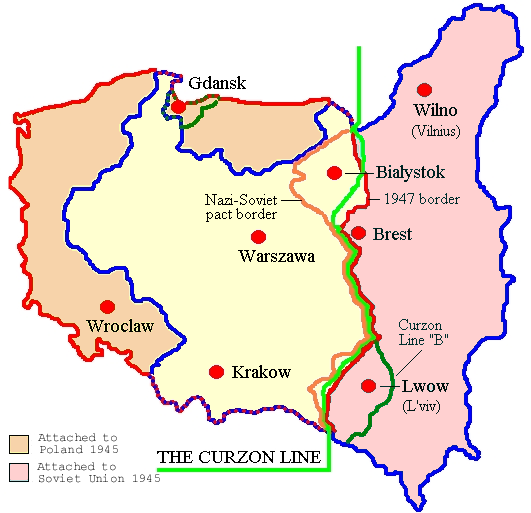I didn't claim otherwise. People are perfectly within their rights to identify with a particular section of their home country as with the country as a whole, for any reason.
The United States is a federation, not a confederation. It stopped being a confederation with the ratification of the US Constitution, which replaced the Articles of Confederation.
An American is a citizen of the USA. They are resident in a particular state.
"All persons born or naturalized in the United States, and subject to the jurisdiction thereof, are citizens of the United States and of the State wherein they reside."
The 14th amendment disagrees.
